With all of the evidence behind the health benefits of collagen, there are now a number of compelling reasons to make sure you’re including collagen foods in your diet.
What exactly is collagen? Collagen consists of several non-essential amino acids that are normally produced by our body. BUT our levels start to decline due to a number of factors. Chief among them? Age. But stress, sickness and poor diet can all play a part in depleting your collagen levels. Since collagen is the foundation of glowing, healthy skin, a healthy gut (which is SO important to overall health) and a major contributor to faster recovery times for all those hard-working muscles and tissues, it pays to keep your collagen levels high.
How can you ensure you’re keeping your collagen at optimal levels? Either through supplements or diet. For anyone wanting to include collagen food sources into their diet, here’s the lowdown on the ones that stand out as a way to get a daily dose of this age defying rock star.
Collagen Rich Foods and Collagen Boosting Foods– Both Are Essential
While some foods will provide the direct collagen boost your body craves, there are other foods that work with your body to enhance your own natural collagen production, and restore waning collagen levels. Which we know is an inevitable part of aging. So which foods are high in collagen, and which one’s help boost your natural production?3 collagen foods you need to know about
Why eat foods high in collagen? It’s an easy, natural way to bolster waning collagen levels. Starting in our twenties, our natural levels of collagen start to decline, by about 1.5% per year. By eating collagen foods, we can sustain and bolster our natural collagen levels and enjoy the glowing good health that comes from a healthy gut, healthy joints and skin that tells the tale. When thinking of foods to naturally boost your collagen levels, it’s helpful to understand the process of building collagen as not a direct ‘cause and effect’ event. The thing is, there are some foods we can eat that contain collagen, but there are also foods that help our body create collagen.Let’s start with the collagen rich foods:
Bone Broth – (Your Grandma Was Right!)
The recent bone broth craze is not simply a fad, it’s also a collagen thing. You see, at no other time in history are humans eating so much processed foods. Even four or five decades ago, it was common practice to eat as many parts of the animal as possible. So after having roast chicken for dinner, the next day would be spent creating a nutrient rich bone broth for soup.
The process of boiling the leftover chicken for hours works to extract the collagen, which exists in all of the parts that we tend not to eat normally like the connective tissues. When combined with some vegetables, garlic and onion, the resulting broth becomes a nutrient-rich treat, which contains collagen. This also holds true for most bones, so you can also drop by the butcher and ask for some bones to go home and create your broth. Even though bone broth is nutritious, it’s worth pointing out here that it is not considered to be a substantial source of collagen, even though it does contain collagen.
Eggs
Eggs are a highly nutritious way to get some extra collagen in your diet. Collagen is found in both the outer membrane (the one between the shell and the egg), and in the yolk. And while eggs are not considered to be a significant source of collagen, you will be getting some, plus you’ll also be getting protein, Vitamin E, B Vitamins and sulfur.Fish
Getting your collagen from fish sources is also thought to contribute to bioavailability, which simply means that the molecules from fish collagen are smaller, and therefore thought to be more easily absorbed by the body. Fish stock is a solid way to naturally get some collagen into your diet. Boiling up all parts of the fish (including the head) creates a nutrient dense stock that delivers collagen, iodine, fat soluble vitamins, and calcium to your nutrient craving bod.Also Include: Collagen Boosting Foods
Your body’s natural collagen production is an intricate process, and beyond eating collagen rich foods, there are also foods you can gravitate to knowing that they will enhance your body’s ability to produce collagen. It might help to picture your body as a machine that is always working hard to achieve optimal health – it’s what it was made to do.
Your daily food choices can make all the difference to ensure that your body has the proper ingredients to work its magic. That’s where collagen boosting foods come in. So what types of ingredients does your body need to produce collagen? Vitamin C, vitamin A, antioxidants, Omega-3s, copper and zinc are all key ingredients to help your body boost natural collagen levels.


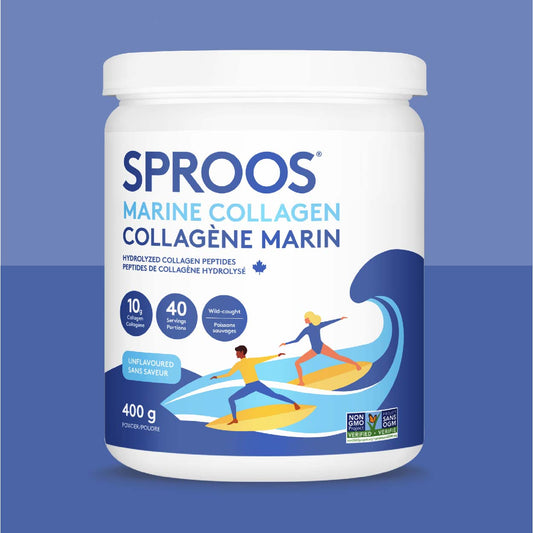
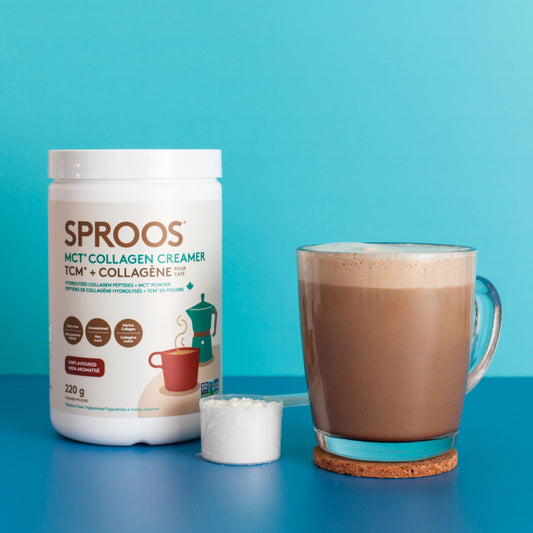
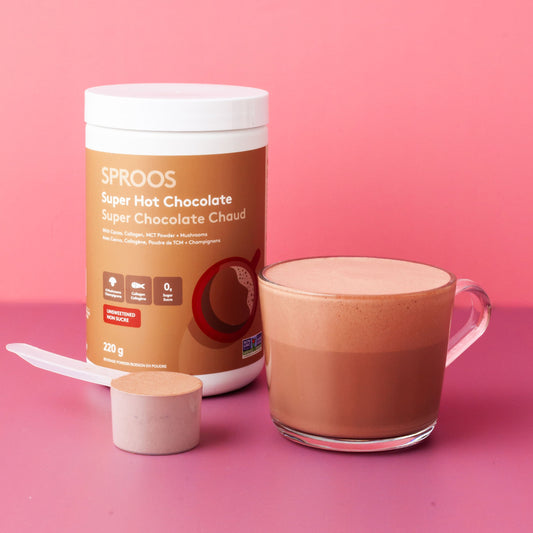




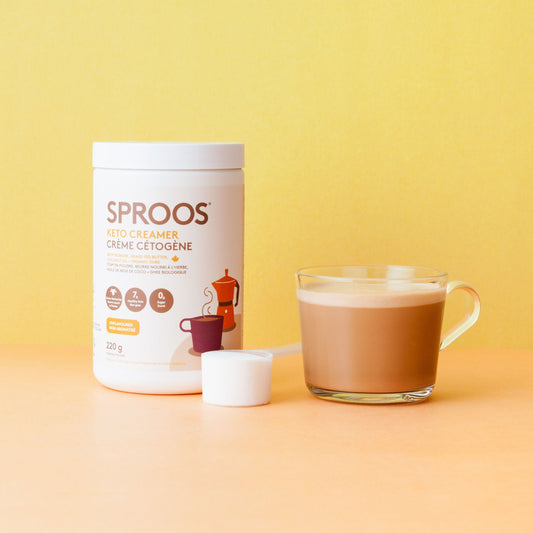
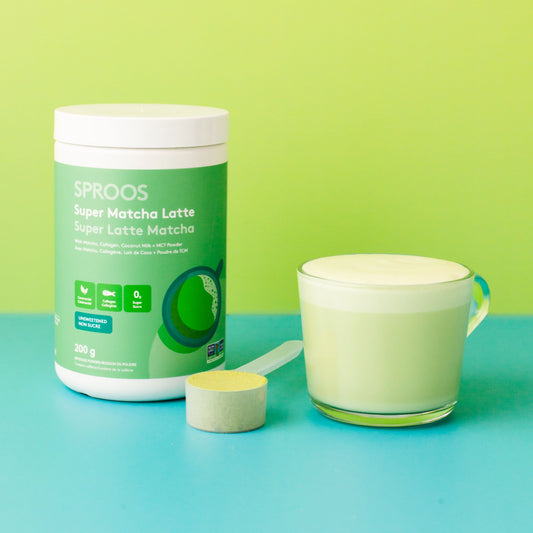


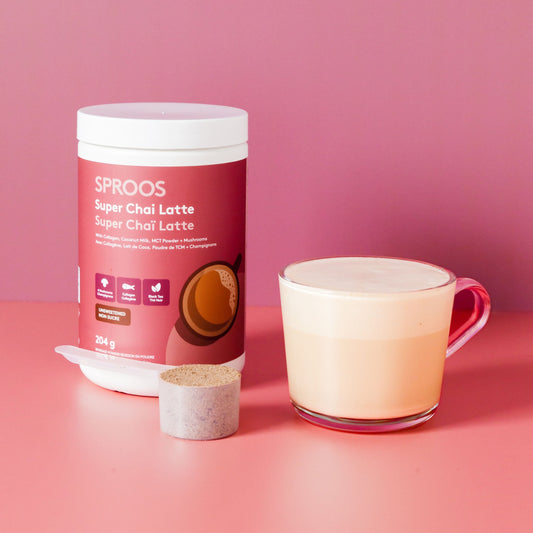
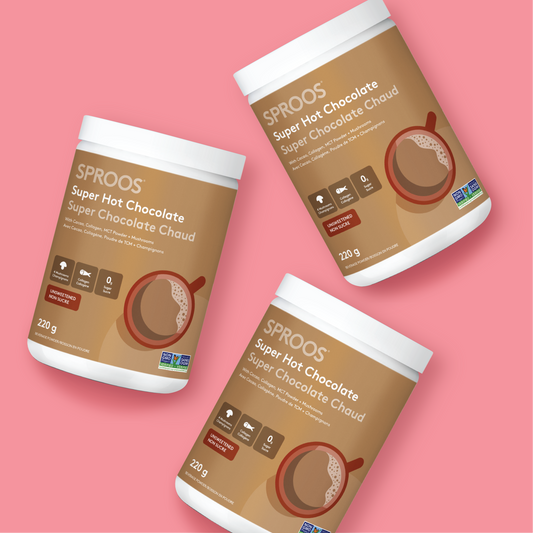
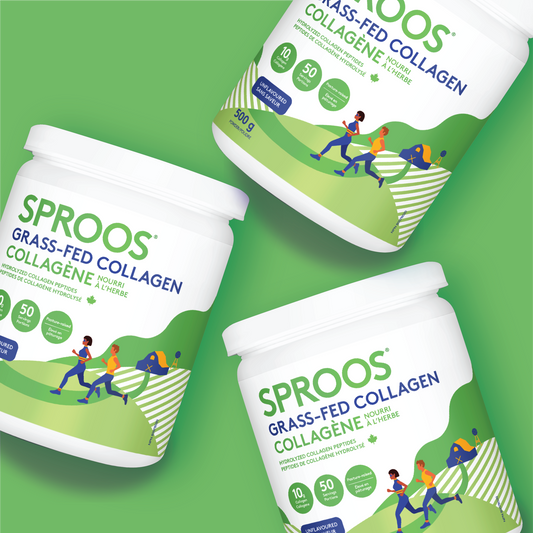
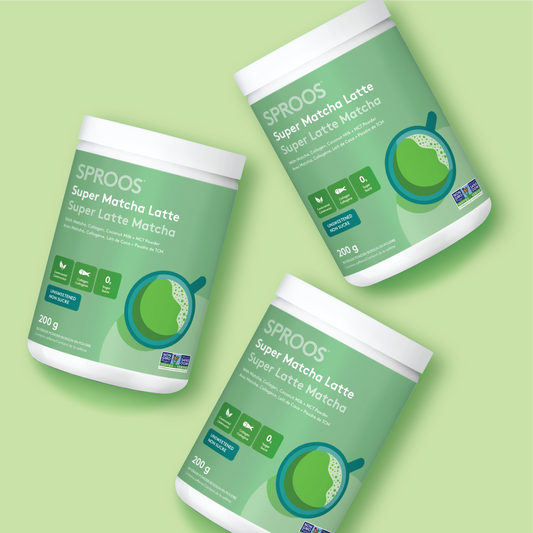
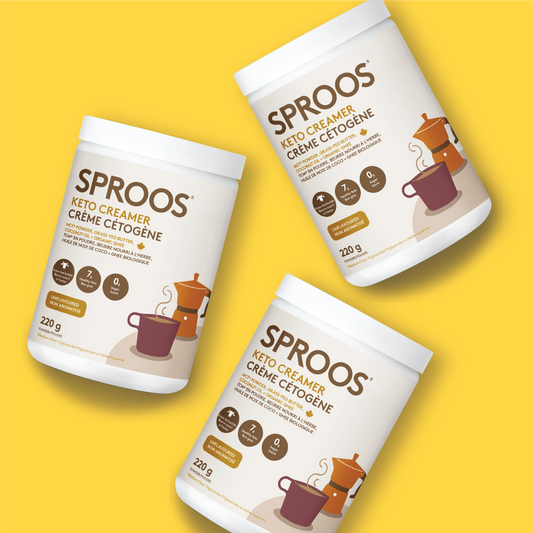
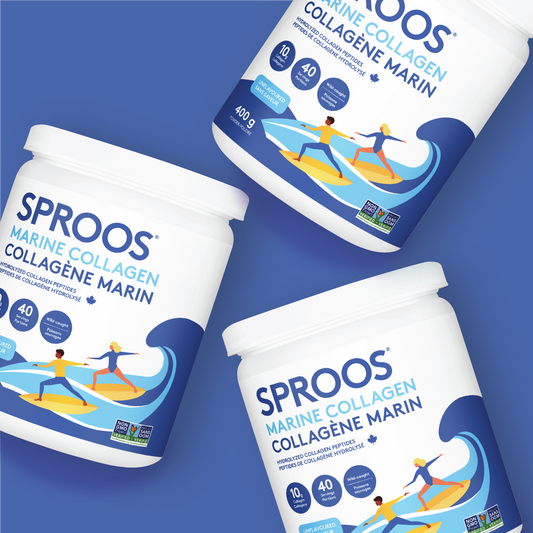
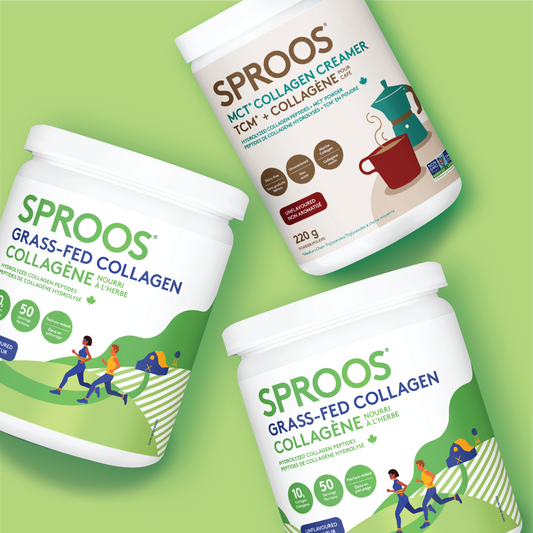
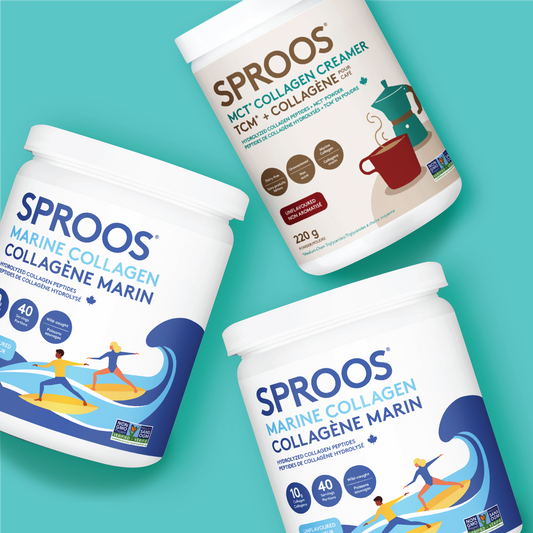
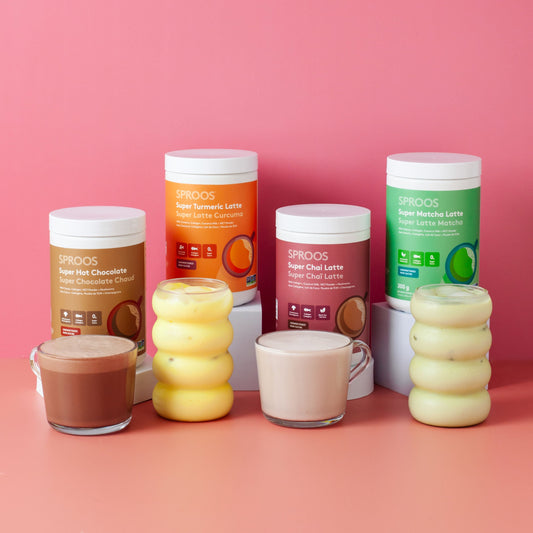
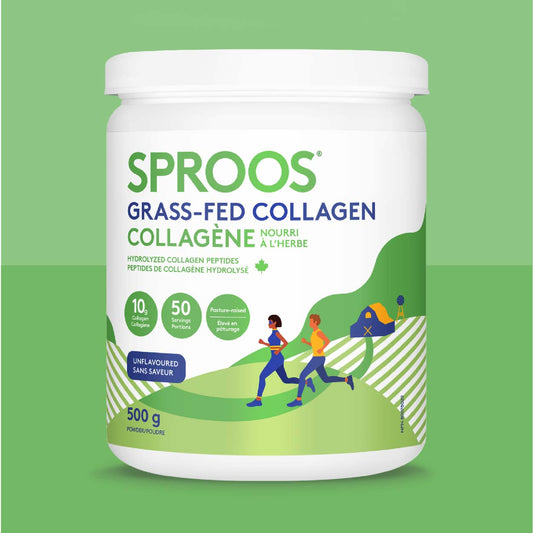
6 comments
Eff en trolls chew my grits got lots collagen
I’ve been told that COLLAGEN SUPALMENT can course CANCER in the body I’m SCARED to take it
I’ve been told that COLLAGEN SUPALMENT can course CANCER in the body I’m SCARED to take it
I’ve been told that COLLAGEN SUPALMENT can course CANCER in the body I’m SCARED to take it
Thanks for the information, that vegetables and berries are good for collagen.